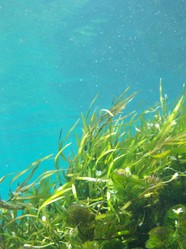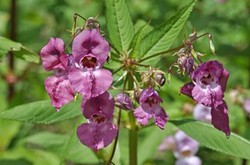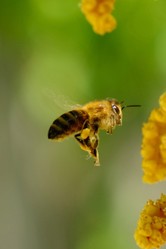When I read a non-fiction book I like to learn something that I can take away with me, coming out of the book better informed than I was when I started reading; and this book met my needs in this respect. I am never going to run an ocean farm, but it is good to know how one works.
There is interesting information about the construction and running of shellfish and seaweed farms. Some of this applies to farms anywhere in the world, but there is specific information pertinent to the east coast of North America, where the author, whose farm is near Long Island, is based. In particular he has to deal with the consequences of hurricanes, which destroyed his oyster crop on one occasion by stirring up mud on the seabed, which smothered the oysters. We learn how he adapted his techniques and technology to obviate the dangers, and his strategy seems to have worked. The legal stuff about establishing ocean farms is probably relevant to the United States and cannot be applied elsewhere without adaptation.
What I did find very relevant is his chapter "Swimming With Sharks" which gave cautionary stories of his encounters with Wall Street financiers and the narrow misses he sustained in his dealings with them. He emphasises the importance of getting a lawyer to study contract proposals. He also tells of how it is important to follow your gut instincts about a potential employee, for one whom he hired was up to no good. This section is a cautionary tale warning against the seductions of becoming too big, and, though he does not mention the phrase, our minds are drawn to Schumacher's philosophy, Small is Beautiful. Keep your operation a manageable size is the message here and always deal with people whom you have ensured that you can trust, the book insists. There are many people of inspiring goodness in this book.
Smith has a vision of a network of ocean farms surrounding the coast, and to this end he has established his own organisation called Green Wave. This is a social organisation that does not seek a profit or to swell at the expense of others. It is to be Smith's legacy.








 Darkness over the Earth the skies darkened when Jesus was crucified23 days ago
Darkness over the Earth the skies darkened when Jesus was crucified23 days ago
 TheThousand Year Gardenon 11/26/2025
TheThousand Year Gardenon 11/26/2025
 Women of the Gospelson 10/11/2025
Women of the Gospelson 10/11/2025
 Religious Gardenson 08/25/2025
Religious Gardenson 08/25/2025




Comments
There is no tradition about drinks with starrygazey pie. People drink what they like.
Your comment March 21, 2023, in answer to my previous question March 20, 2023, considers stargazy pie a main-course item.
Your answer explains that you have not eaten the afore-mentioned pie.
But might you hazard an "educated guess" -- ;-D -- or might you know what cold or hot drinks would be served before, during, after this main-course, pastried fish?
They are eaten in the pie.
Thank you!
Online sources appear to associate staragazy pie with either pilchard heads or pilchard tails.
What happens to the rest? Might the parts not sticking out be mashed and mixed with the other ingredients, for ;-D pilcharded eggs and pilcharded potatoes ;-D ?
Pilchardscare all pretty similarbinnsize,,so maybe four pernpie is right.
Thank you!
English Wikipedia lists as other ingredients to stargazy pie eggs and potatoes. Its pictures look like four pilchards per pie.
Might that mean four big pieces or would it mean that with smaller-cut pieces not everyone would get a fish head?
It's name was unattractive in English,nbutnmight have sounded betterninnCornish
.
Thank you!
English Wiktionary defines pilch as fur- or skin-lined, trimmed case or gown (from Middle English pilche as fur coat or overgarment, from Late Latin pellicia as fur coat from Latin pellis as animal-skin, felt, hide, pelt).
It defines pilcher as pilche-wearer, with the latter designated as sword scabbard. It also describes pilcher as an insult designating someone as contemptible, insignificant and worthless.
Why does an edible fish have such an unappetizing name?
Is pilchard not among preferred edible seafood?
I have heard of someone surnames pitcher, but never met her.
Thank you!
English Wiktionary considers the fish pilchard of unknown origin.
The Oxford English Dictionary correlates its use since an earliest date of 1407.
Some online sources define the earliest spellings pilchar, pilcher and pylcher as "one who wears a pilch."
They also exist as undefined surnames.
Have you ever come across any of the above words as last names?